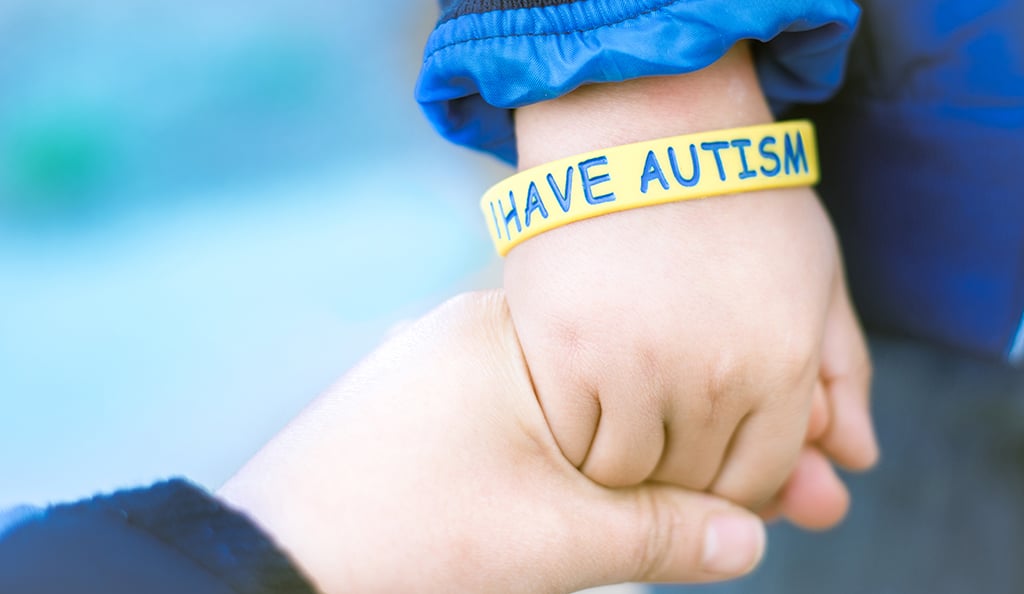By Ghadeer Ghloum
KUWAIT: Autism is a spectrum that makes people think quite differently than others. Hence, dealing with their lives and socializing with others becomes an uneasy task that needs assistance. To further understand autism, Kuwait Times spoke to Dr Moudi Abdullah Al-Ajmi, Specialist at Autistic Behavior School, for more information on autism and autistic individuals.
 Dr Moudi Abdullah Al-Ajmi
Dr Moudi Abdullah Al-AjmiKuwait Times: What are the challenges that people with autism mostly confront in their life?
Dr Moudi Al-Ajmi: One of the prominent obstacles that people with autism confront is deficiency in social skills, including the ability to recognize and respond to the emotions of other people, read nonverbal clues and navigate social rules. Problems with language development and communication are common obstacles faced by adolescents with autism. These challenges are sometimes intricately entangled with issues related to socializing, because a significant portion of human socialization is related to verbal and non-verbal communication.
Students with autism may have trouble figuring out what their senses are telling them, so they may avoid or seek out sensory input. Some students will find it hard to finish tasks or plan ahead, and others may find it hard to break out of a pattern of thinking to look at a problem in a different way. This is because executive functioning may be hard for them. Students with autism may have trouble with their motor skills, which may take a lot of effort or concentration and make it hard for them to pay attention to what is being taught.
Kuwait Times: What are the challenges that specialists face with their autistic patients?
Dr Al-Ajmi: Those who take care of autistic individuals face some challenges. Children who suffer from autism spectrum condition exhibit a wide variety of symptoms, the most prominent of which are behaviour that is repetitive and agitated as well as persistent impairments in communication. Specialists encounter a variety of obstacles, including those related to personal connections, professional strata, financial balances and, most crucially, a lack of service availability and management procedures.
Kuwait Times: Is autism determined at birth?
Dr Al-Ajmi: Just because you have autism does not mean you also have another condition or disease. It indicates that your brain functions differently than the brains of other people. It's something that comes naturally to you from birth. It's possible that you'll discover the signs of autism while you're very young, or you will not notice them until you're much older. If you have autism, you will always have autism. It is a permanent condition. Some persons require assistance to successfully complete particular tasks.
Kuwait Times: Can autism be cured?
Dr Al-Ajmi: Autism is not a medical illness that can be treated or "cured", as the term would imply. All attempts at treatment lie in raising the level of skills in autistic individuals, and many people with non-severe autism cannot notice any disorder. So you will find a child gifted in a hobby or sport, and maybe superior to their peers in the fields of mathematics and science. Some of their problems may lie in their unwillingness to communicate with others, or excessive nervousness in some situations that we see as normal. Autistic patients refuse to be intruded into their circle, and their integration into any routine is very difficult and requires a lot of training.











